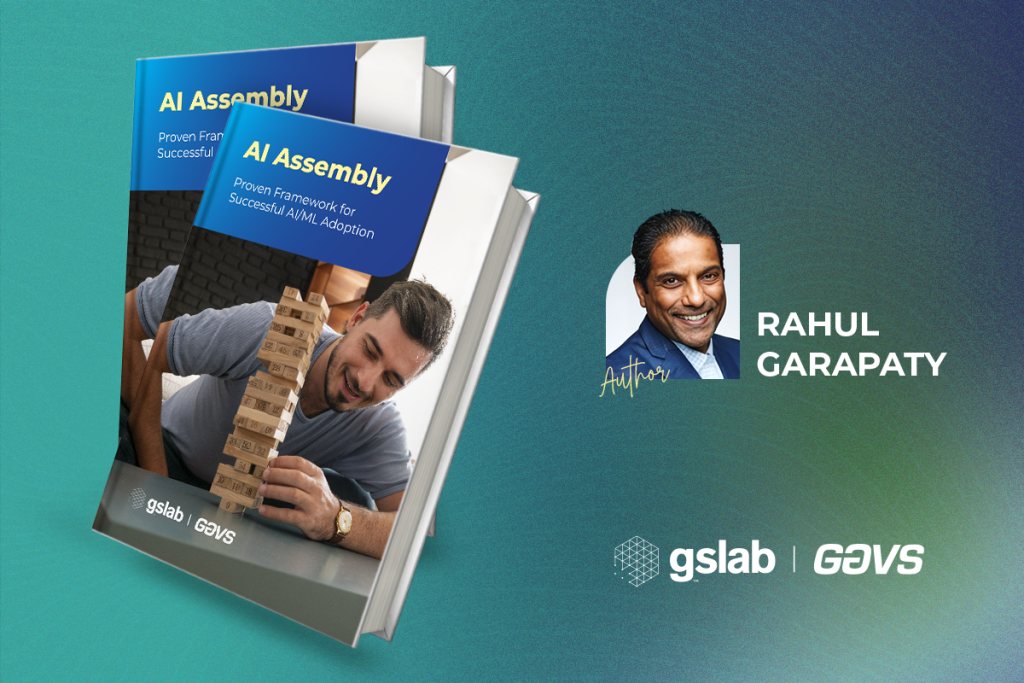Use Cases in Healthcare, BFSI, and IT Services
Unleashing the power of artificial intelligence, Generative AI has emerged as a ground-breaking technology that pushes the boundaries of automation further than ever before. By training on vast datasets, Generative AI models possess the remarkable ability to create diverse content, including text, visuals, audio, and even code, in response to natural language prompts, as depicted in the diagram below. In this blog, we delve into the exciting world of Generative AI, exploring its potential use cases across various industries, such as healthcare, banking, financial services, and insurance (BFSI), and IT services.
Generative AI Use cases
Unleashing the power of artificial intelligence, Generative AI has emerged as a ground-breaking technology that pushes the boundaries of automation further than ever before. By training on vast datasets, Generative AI models possess the remarkable ability to create diverse content, including text, visuals, audio, and even code, in response to natural language prompts, as depicted in the diagram below. In this blog, we delve into the exciting world of Generative AI, exploring its potential use cases across various industries, such as healthcare, banking, financial services, and insurance (BFSI), and IT services.

Healthcare
Generative Artificial Intelligence holds immense potential as a digital assistant for physicians and healthcare providers, revolutionizing the accuracy of patient diagnoses. By analyzing a comprehensive range of data from past health records, including medical notes, medical images, prescription, wearable devices data, lifestyle information etc., it can offer them a personalized treatment plan/wellness plan, recommendation on whether to increase or decrease cost of insurance, value of insurance coverage and so on. The application of Generative AI in healthcare has the potential to significantly enhance patient care and outcomes.
Banking, Financial Services and Insurance (BFSI)
Generative AI offers numerous possibilities for the BFSI industry across the globe in achieving operational excellence. By harnessing its capabilities, the BFSI industry can optimize processes such as fraud detection, risk management, and real-time decision making. Generative AI also facilitates tasks such as writing assistance, data analysis, report summarization, and speech-to-text conversion, streamlining documentation processes. Moreover, virtual assistants powered by Generative AI, such as chatbots, prove instrumental in efficiently handling customer complaints and queries, allowing for more personalized and tailored services that enhance customer satisfaction. By empowering employees with advanced capabilities and driving productivity, Generative AI adds substantial business value to the BFSI industry.
IT – Software development & Infrastructure Services
Generative AI can be leveraged to read the logs of events, errors, warnings, and sessions of various devices (router, network switches, firewall, wireless devices, servers etc.,) and recommend early warnings, preventive maintenance plan, customized best practices and recommendation plan on which processes needs attention.
Knowledge Transition between vendor and customer is a challenge. In many cases, documented information about the IT Landscape / Infrastructure, Software application(s), Architecture, Design, known errors / issues/known risk(s), Knowledge Base Articles, SOP – Standard Operating Procedure etc., for Key / critical business system may not be available. By leveraging Generative AI, IT staff members who possess knowledge about the systems and applications can effectively document this knowledge, mitigating the business risks associated with reliance on key individuals or contractors who hold such information. Furthermore, this approach helps new team members get the right information, learn the right processes, and decreases the Mean Time to Repair, resulting in improved productivity through the consistent capture and maintenance of this knowledge.
In Agile projects, grooming plays a pivotal role in ensuring that user stories are thoroughly discussed, enabling the team to gain a comprehensive understanding of the required functionality. This includes considerations for design, integrations, and expected user interactions. Generative AI can be instrumental in documenting these discussions, capturing, and maintaining such knowledge. As a result, productivity is enhanced, and there is reduced dependence on key team members, leading to more efficient project execution.
The advent of Generative AI has opened up a world of possibilities across various industries, revolutionizing the way we approach automation and content creation. From healthcare to banking, financial services, and even IT services, Generative AI has showcased its potential to enhance operations, improve outcomes, and drive productivity. By leveraging its capabilities, healthcare providers can achieve more accurate diagnoses and personalized treatment plans, while the BFSI industry can optimize processes, detect fraud, and deliver tailored services to customers. In the realm of IT, Generative AI can streamline documentation, facilitate knowledge transfer, and improve productivity by capturing and maintaining intellectual knowledge.
With each use case, Generative AI demonstrates its power to transform industries, advance innovation, and unlock new frontiers of possibility. However, there must be a governance/review mechanism should be put in place to review the outcome of Generative AI to ensure the technology is rightly utilized without compromising privacy and compliances.

Author
Sekar T
Sekar has around 30+ years of experience in IT Services/Product Management. Over his careeer, he has managed Product Engineering/Development, Software Application Services, IT Infrastructure services,Digital Transformation, GRC, BCP, Automation, Continual Improvement. He has also designed, implemented and managed Certification programs like SEI-CMI-DEV & SVC, ISO 9001, ISO 27001, ISO 45001, ISO 22301, HIPAA, SOC2, GDPR, PCI-DSS, NIST etc.




